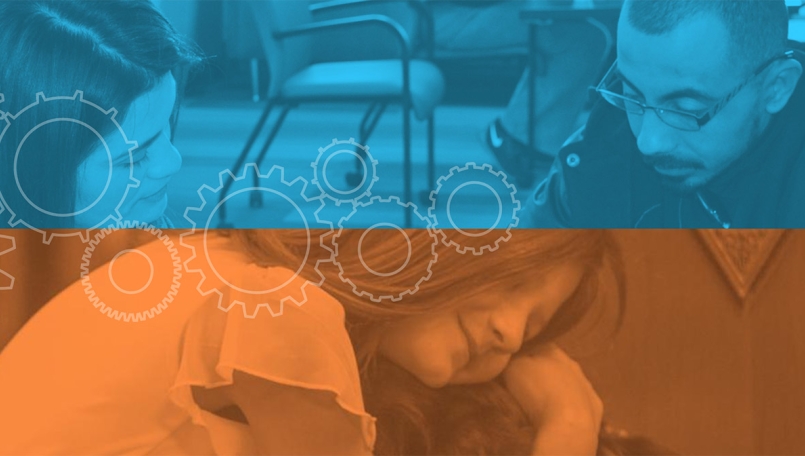Pre-2002 Adult Case Record Imaging Project
2017 NACo Achievement Award Winner
Maricopa County, Ariz., AZ
Best In Category

About the Program
Category: Civic Education and Public Information (Best in Category)
Year: 2017
The Clerk of the Superior Court (COSC) in Maricopa County is statutorily required to receive, maintain and protect millions of pages of Superior Court case files including Family, Criminal, Civil, Juvenile, Probate, Mental Health and Tax cases in one of the largest counties in the nation. In 2002, the Clerk’s Office embarked upon an initiative to scan and maintain all case files in digital format; this began the establishment of the COSC’s Electronic Court Record (ECR). In 2007, the Office moved closer to realizing the ultimate goal to create one of the nation’s largest Superior Court (General Jurisdiction) ECR repositories through the advancement of electronic filings (eFiling). However, one final piece was necessary to complete a comprehensive digital court record: Back scanning years of paper case records that were maintained prior to 2002. Paper records present numerous challenges. They are only as safe as the location in which they are stored, vulnerable to damage and/or loss and available to only one customer at one time. Converting documents into an electronic format would not only provide greater physical security and significantly reduce the risk of lost or misplaced documents or portions of documents, but would also allow multiple users quick and prompt access, therefore providing greater access to justice. Back scanning efforts increased in 2014, when the COSC implemented a project to backscan more than 15.6 million paper pages from older adult case types into the ECR. Once completed, these efforts would grow the ECR to more than 216 million images. The project’s difficulty included realignment of 15 full-time employees (FTE) staff resources, development of a comprehensive cross-training plan, establishment of numerous quality assurance audits and preparation for final disposition or destruction. Equipment needs had to be considered, as new scanners would need to be purchased and others repurposed from other areas of the office. The project’s initial timeframe was 24 months. The project was expanded in 2015 to include adult Mental Health and Probate case records, which extended the timeline by one year. The project was completed on schedule in February 2017 and cost $843,000.
